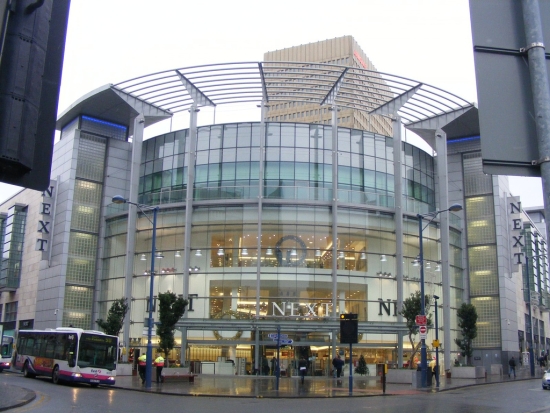The poor weather at the start of the year considerably dampened consumer enthusiasm in an environment already damaged by the impact of the double dip recession. In turn, this had a negative effect upon the sales figures of many high street brands.

However, the recent heatwave has lit a fire under disaffected shoppers everywhere, and as a result most retailers are managing to post much more positive half year results. One such retailer is Next, which has bounced back impressively from a £12 million drop in Easter week sales when compared to the previous year.
Next’s stores recorded a lift in sales of 2.3 per cent in the six months to the 27th of July, overshadowing losses earlier in the year. In fact, a sharp increase was recorded in the period between April and mid-July, with only the half term holiday managing to stall the strong upwards momentum.
This positive performance has allowed the retailer to raise its forecasts for annual pre-tax profits to between £635 million and £675 million. As last year’s pre-tax profits totalled only £622 million, the news has had a great effect upon Next’s share prices which climbed by 2.4 per cent on the day the announcement was made.
Yet although the chain certainly achieved much higher first half profits than were expected, chief executive Simon Wolfson has warned that this does not necessarily mean anything in the grand scheme of things. Thanks to the state of flux in the economy and changing consumer habits, he claims, GDP figures must be taken with a pinch of salt.
He says; “The reality is we are in a low-growth economy and there are few signs of that changing.
“Back 20 years ago people would jump on a train and go to Oxford Street to do their winter shopping – that just doesn’t happen anymore.
“People are more spontaneous with their spending and buy what they need when they need it, rather than doing any planning.”
Although the commercial property based aspect of the business certainly played its part in the achievement, the true winner of the six month period was the Next Directory. The catalogue and internet-based subsidiary saw sales climb by 8.3 per cent throughout the period, very much cementing the fact that an increasing number of consumers now prefer to shop from home.
Retail analyst at Conlumino, George Scott, believes that Next’s longstanding use of catalogues in the business has given the retailer something of an advantage when it comes to targeting e-consumers.
He says; “If you look at a number of their rivals – John Lewis, House of Fraser, Debenhams – these guys are going from bricks and mortar to launch online, whereas Next has the catalogue heritage and the capability behind that.”
Yet with many supermarkets and other convenience stores now looking to expand further into clothing and homewares, Next could be placed in a precarious situation in the second half. The question must be whether the “heritage” referred to by Mr Scott will protect the retailer from further fluctuations within both the economy and the retail industry.
Do you think customer loyalty plays a big part in Next’s success?
Previous Post
Birmingham Offers Attractive Incentives to Investors